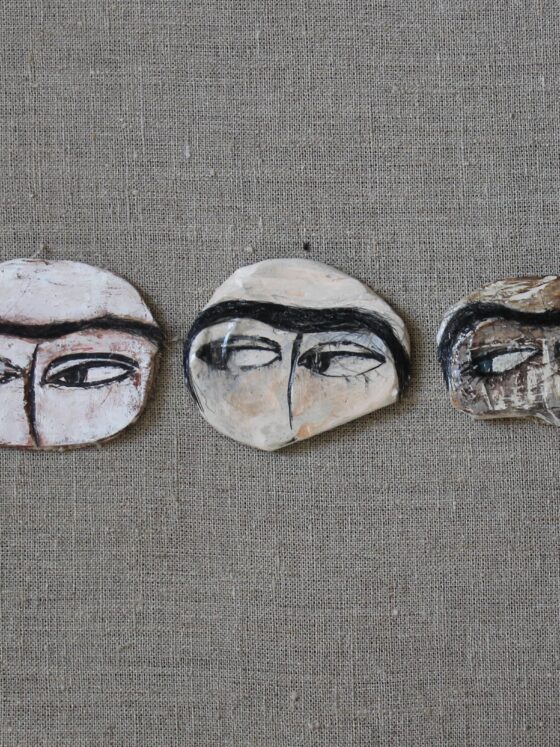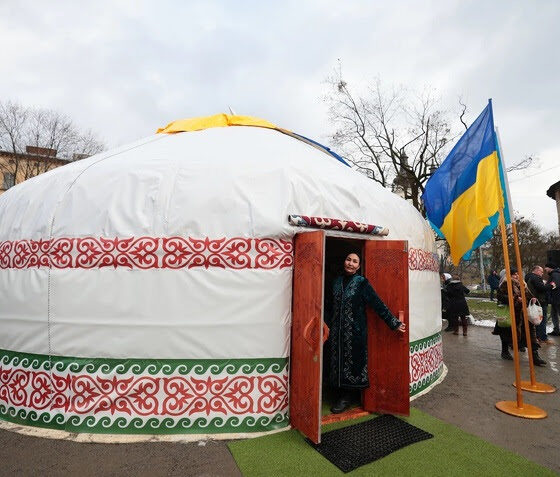Author: Nabijan Tursun, Senior editor of Radio Free Asia, Uyghur Service
Source: Politics and History in Central Asia (Link: https://link.springer.com/chapter/10.1057/978-1-137-52297-9_3)
Abstract:
The origin, formation, and strengthening of Uyghur modern identity and nationalism in the twentieth century have strong roots in the historical, political, social-economic, and cultural processes of the Uyghur homeland (or Xinjiang Uyghur Autonomous Region, as known by China, who always had demographic dominance). In the formation and strengthening of Uyghur nationalism, interior and exterior factors (especially the Soviet Union) played a significant role in its political, ideological, and national strategy and its state interest provided a national delimitation policy in Central Asia. Uyghur nationalism in the twentieth century has characteristics of state and cultural nationalism, but it never took any ideological characteristics of chauvinism or racism. Uyghur nationalism always supported and called on the unity and solidarity of all ethnic groups, not only Turkic and non-Turkic, but also Muslim and non-Muslim, who were a major population of the province.













